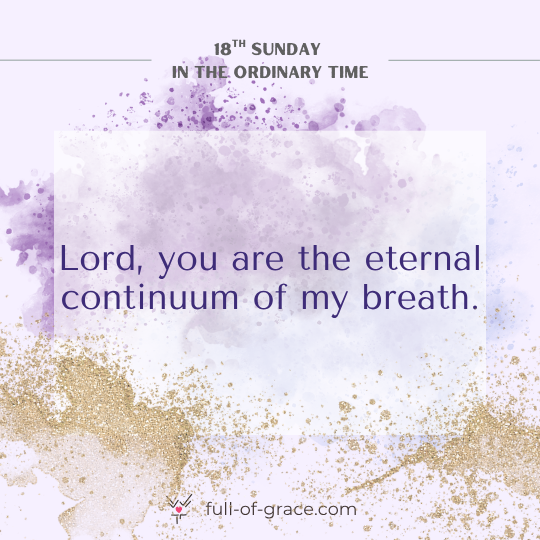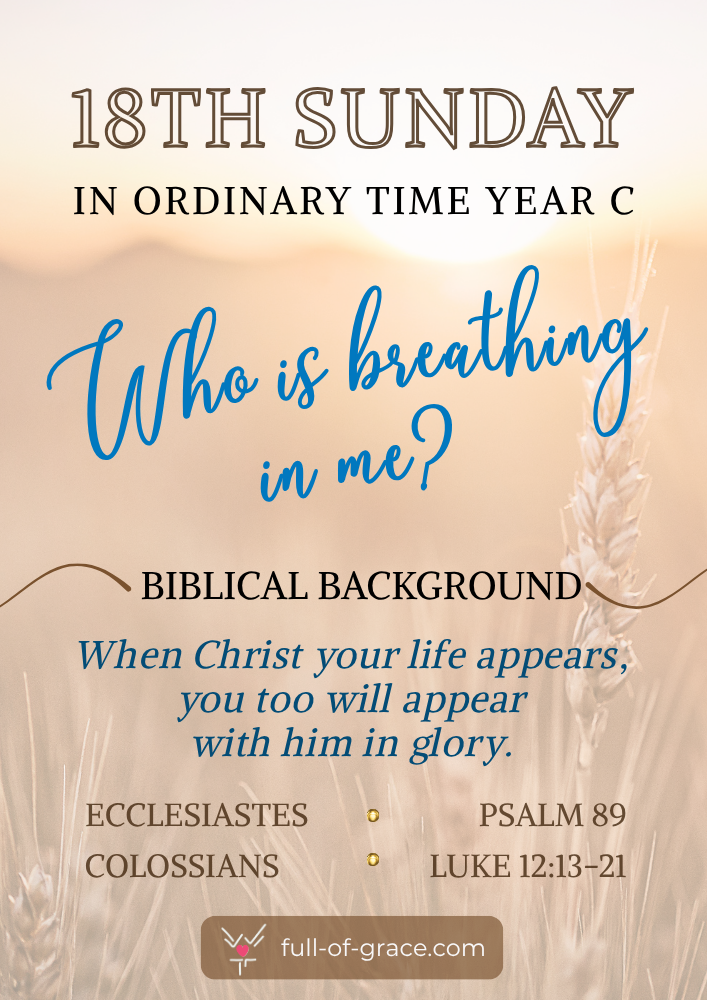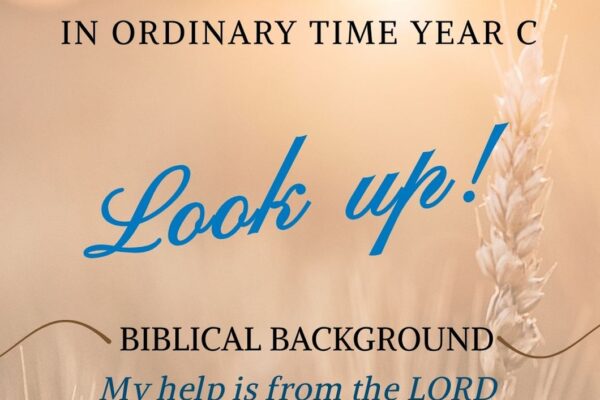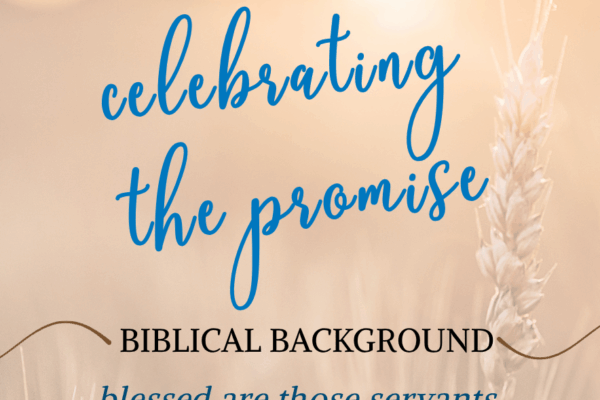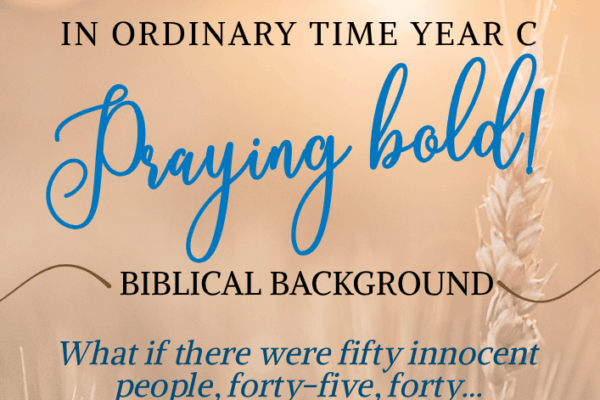Quick Overview: Where Are We in the Bible?
A Jarring Shift: After last Sunday’s tender invitation to call God “Abba, Daddy” in the Lord’s Prayer, this week’s readings might feel like spiritual whiplash. We leap from Jesus teaching us intimate prayer to Ecclesiastes declaring “Vanity of vanities! All is vanity!” From intimate prayer to existential crisis? What’s going on here?
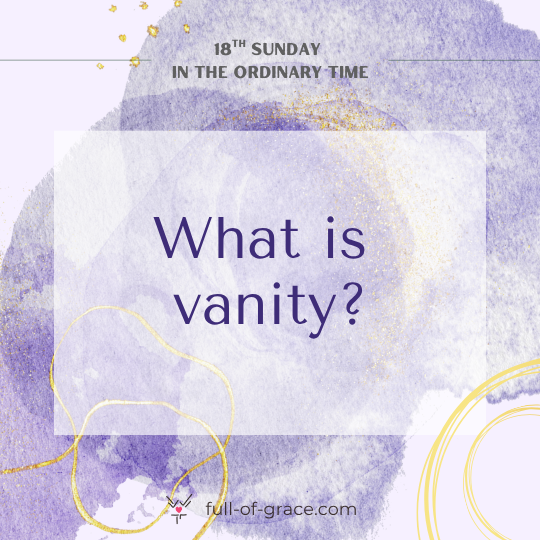
First Reading: Ecclesiastes 1:2; 2:21-23
The Preacher’s Shocking Diagnosis
When & Where: Around 300 BC, during a time when Israel faced the question: “What’s the point of all our religious and cultural traditions when powerful empires keep conquering us?”
The Speaker: “Qoheleth” (Hebrew for “the Preacher” or “the Gatherer”) traditionally identified with Solomon, but likely a wisdom teacher reflecting on life’s deepest questions during Israel’s post-exile period.
The Message That Stings: Everything we work for, everything we accumulate, everything we achieve—it’s all hebel. This Hebrew word literally means “breath” or “vapor”—something that appears briefly and vanishes. The Preacher isn’t being nihilistic; he’s making a surgical diagnosis: when we build our identity on what we accomplish or accumulate, we’re building on mist.
The Setup: This reading prepares us to ask: If all our striving is vapor, what isn’t? What has substance that lasts?
Responsorial Psalm: Psalm 90 (89)
A Song from the Wilderness
This ancient prayer attributed to Moses captures the human condition perfectly: “You turn us back to dust… You sweep us away like a dream.” But notice the refrain—it’s not despair, it’s invitation: “If today you hear his voice, harden not your hearts.” The psalm moves from acknowledging our fragility to asking God to “teach us to number our days aright, that we may gain wisdom of heart.”
Second Reading: Colossians 3:1-5, 9-11
Paul’s Identity Revolution
The Community: Christians in Colossae (modern-day Turkey) were being told they needed extra spiritual practices—angel worship, strict food laws, mystical experiences—to be truly spiritual.
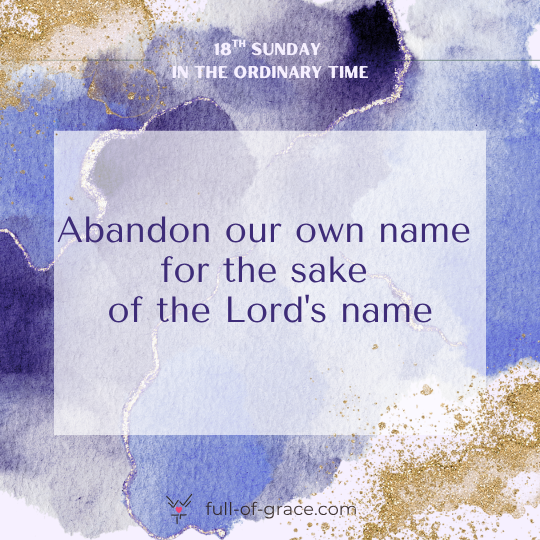
Paul’s Radical Response: You’ve already died! Your old identity—whether based on achievements, failures, cultural categories, or religious performance—is gone. “Your life is hidden with Christ in God.” This isn’t about moral improvement; it’s about recognizing that the self we’re so worried about protecting and promoting is actually already dead and buried in baptism.
The Freedom: “Here there is not Greek and Jew, circumcision and uncircumcision, barbarian, Scythian, slave, free; but Christ is all and in all.” When we discover our identity is “hidden with Christ,” we stop defining ourselves by any earthly category.
Gospel: Luke 12:13-21
The Setting: Luke places this right after Jesus taught the Lord’s Prayer and promised that our heavenly Father gives good gifts to those who ask. Now someone wants Jesus to arbitrate an inheritance dispute.
The Surprise: Jesus, who just taught us to pray confidently to our Father, suddenly refuses to be a judge: “Friend, who appointed me as your judge and arbitrator?”
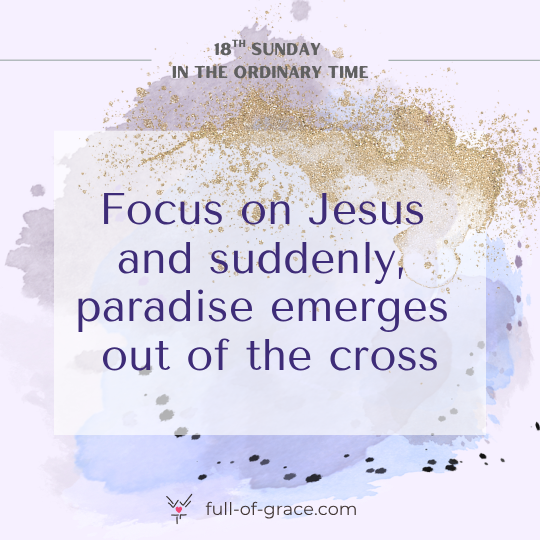
The Parable: A rich man’s land produces abundantly. Instead of sharing or thanksgiving, he plans bigger barns and early retirement: “Rest, eat, drink, be merry!” God’s response is swift: “You fool, this night your life will be demanded of you.”
The Connection: The rich man lived in hebel—vapor consciousness. He thought his life consisted of his possessions, his security, his achievements. But all of that is breath that vanishes.
The Thread That Connects Everything
The Invitation: Jesus doesn’t want to arbitrate between the competing claims of our ego because there’s a deeper question: Who is breathing in you? When we discover that our very breath is God’s Spirit, even our brief human existence takes on eternal weight—not because of what we accomplish, but because of who is living through us.
Ready to go deeper? This Sunday’s full reflection explores how solving the Bible’s first murder mystery might be the key to understanding why we don’t have to choose between spiritual striving and spiritual bypassing—and how discovering whose breath sustains us changes everything about how we pray, live, and love.
